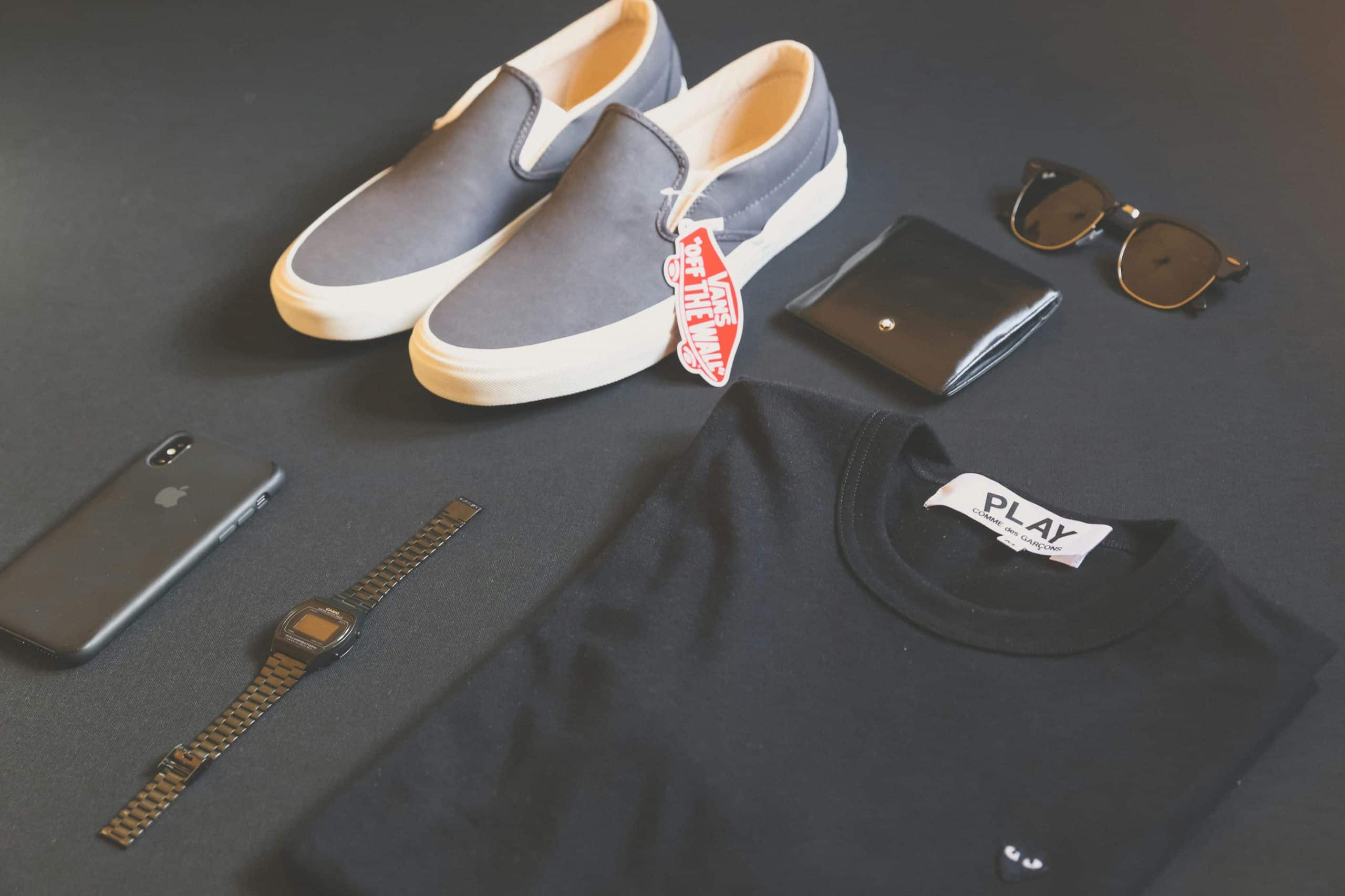What Are the Top Influencer Marketing Strategies for UK Fashion Brands?

Influencer marketing has exploded on a global scale, with brands recognising its potential and power to reach extensive audiences. This is especially true in the dynamic world of fashion, where what is trendy today might be out of style tomorrow. In the UK, fashion brands are leveraging influencers to create compelling content, drive engagement, and boost sales. But, what are the top influencer marketing strategies that UK fashion brands are employing?
Harnessing the Power of Instagram
Instagram is, undoubtedly, the hub of influencer marketing for fashion brands. This visually-led platform allows brands and influencers alike to showcase products in a highly engaging and creative way. Instagram stories, reels, and IGTV provide a plethora of options for content creation.
A voir aussi : How Can UK Businesses Use Augmented Reality in Advertising?
Instagram enables fashion brands to collaborate with influencers to create authentic and appealing content. The use of professional photos, creative layouts, and well-written captions can make a significant impact on audience engagement. Brands also leverage Instagram’s shopping feature, allowing followers to shop directly from posts or stories, providing a seamless shopping experience.
Influencers, on the other hand, use their personal style and creativity to present the brand's products in a relatable and aspirational way. Their followers, who often look up to them for fashion inspiration, are likely to be influenced by their recommendations.
Dans le meme genre : What Are the Best Practices for Personalizing Marketing Emails in the UK?
Choosing the Right Influencer
Selecting the right influencer is crucial for a successful marketing campaign. The influencer should not only have a significant following, but their audience should align with the brand's target demographic.
Brands need to thoroughly research potential collaborators. This includes analysing the influencer's followers, their level of engagement, the quality of their content, and their reputation. Micro-influencers, despite having fewer followers, often boast a higher engagement rate and have a more intimate connection with their audience.
Moreover, the influencer's personal style should resonate with the brand's image. An influencer known for their edgy, street style might not be the best fit for a brand that prides itself on classic, sophisticated pieces.
Creating Influencer Collaborations and Partnerships
Fashion brands often partner with influencers for long-term collaborations, which can include co-created collections, brand ambassadorships or ongoing sponsored content. Such partnerships are beneficial as they build a stronger association between the brand and the influencer, resulting in a consistent and impactful message to the audience.
For instance, a brand might collaborate with an influencer on a limited-edition clothing line. The influencer will promote these exclusive pieces to their followers, creating a buzz around the brand and the collection. Furthermore, the influencer’s creative input can bring a fresh perspective to the brand, appealing to a wider audience.
Crafting a Cohesive Campaign Strategy
Having a well-thought-out campaign strategy is essential in influencer marketing. Brands need to outline clear objectives, key messages, timelines, and performance metrics.
The campaign should tell a consistent and engaging story across all touchpoints. This means the content on the brand's social media channels, the influencer’s posts, and any other marketing materials should all align with the overall campaign narrative.
Performance metrics such as likes, comments, shares, and sales conversions should be closely monitored to gauge the effectiveness of the campaign. This data will help brands to refine and optimize their future influencer marketing strategies.
Emphasising Authenticity and Transparency
In an era where consumers are increasingly savvy, authenticity and transparency are paramount in influencer marketing. Audiences can discern between genuine endorsements and paid promotions, so brands and influencers need to be transparent about their partnerships.
Influencers should only endorse products they genuinely love and use, as their followers trust their opinions. They should also clearly disclose sponsored content to maintain trust with their audience.
For brands, choosing influencers who truly embody their values and aesthetic will help to ensure authenticity in the partnership. When brands and influencers form genuine partnerships, it resonates with the audience, leading to higher engagement and brand loyalty.
Utilizing Multiple Social Media Platforms
Beyond Instagram, there are several other social media platforms that fashion brands in the UK are leveraging for their influencer marketing strategies. Platforms like YouTube, TikTok, and Pinterest offer unique opportunities for creative content and reaching different target audiences.
YouTube, for instance, allows influencers to create longer, more detailed content. This can include fashion hauls, styling tips, or behind-the-scenes glimpses into the fashion industry, which can give a brand a more personal and relatable image. Meanwhile, TikTok’s short, dynamic videos and viral trends make it a hotbed for creative and fun promotional content.
Pinterest, although less talked about, is a valuable tool for fashion influencers. Its visually-driven, mood-board style layout is perfect for showcasing fashion trends and outfit inspiration, and it drives a high amount of traffic to shopping sites.
Diversifying the platforms used for influencer marketing allows fashion brands to reach a wider scope of potential customers, increasing brand awareness and engagement rates. However, it's crucial that the brand's message and aesthetic remain consistent across all platforms. This multi-platform approach is a key component of a comprehensive and effective marketing strategy.
Leveraging Data and Analytics in Influencer Marketing
Data and analytics play a crucial role in influencer marketing. They provide valuable insights into an influencer's reach, the level of engagement they receive, and the demographics of their audience. Brands can use this data to determine the best influencer for their marketing campaign.
Engagement rates, particularly, are a critical metric in influencer marketing. High engagement rates often indicate a highly engaged and loyal audience, which can lead to higher conversion rates. Brands should, therefore, not solely focus on the number of followers an influencer has, but also their engagement rates.
Brands can also use data and analytics to measure the success of their influencer campaigns. By tracking metrics such as impressions, clicks, and sales conversions, brands can evaluate the effectiveness of their marketing strategy and make necessary adjustments in real time. This use of real-time data to improve marketing efforts is a significant part of successful influencer marketing campaigns.
Influencer marketing has become a cornerstone for UK fashion brands in their overall marketing strategy. By harnessing the power of social media platforms and authentic fashion influencers, these brands can reach their target audience in a more personal and engaging way.
Choosing the right influencer, creating cohesive campaign strategies, and leveraging data for insights are all essential components of a successful influencer marketing campaign. Furthermore, authenticity and transparency are integral in building trust with consumers in this digital age.
As the fashion industry continues to evolve, influencer marketing will likely remain a significant part of this landscape, adapting and innovating with the ever-changing trends. Brands that effectively utilize this marketing strategy will be well-positioned to thrive in the dynamic world of fashion.
